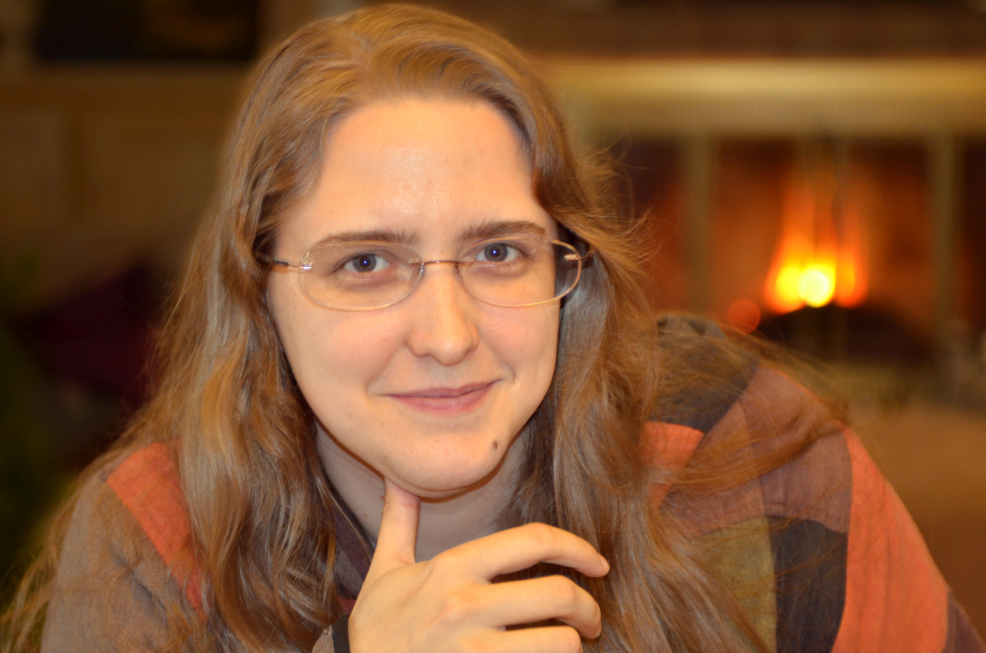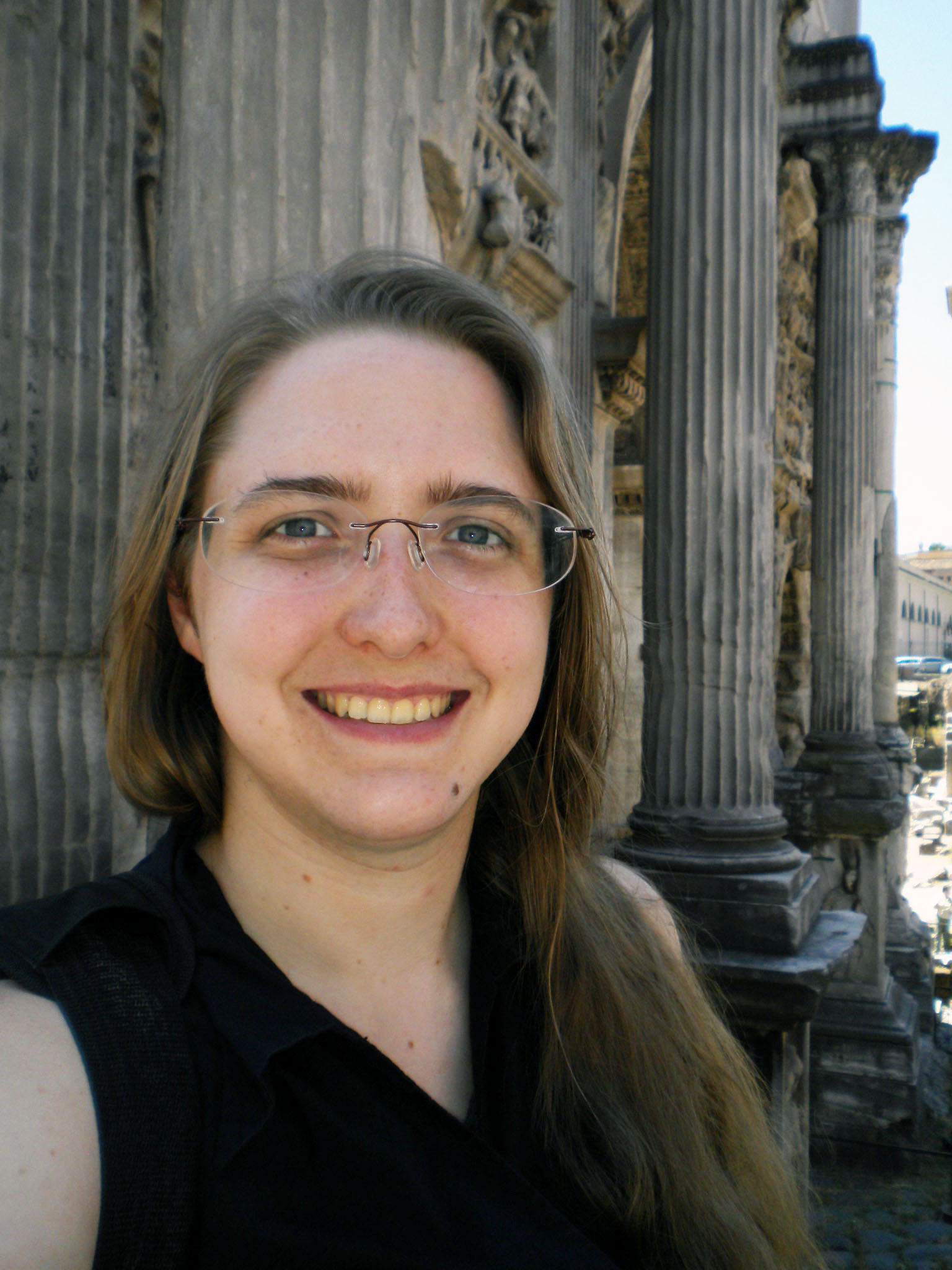Podcast: Play in new window | Download | Embed
Subscribe: RSS
 Ada Palmer is a Professor in History researching the history of science, religion, progress, culture and many other fascinating topics. She is also a science fiction author of the award-winning Terra Ignota series beginning with Too Like the Lightning, which explores a twenty-fifth civilization of voluntary citizenship and borderless nations.
Ada Palmer is a Professor in History researching the history of science, religion, progress, culture and many other fascinating topics. She is also a science fiction author of the award-winning Terra Ignota series beginning with Too Like the Lightning, which explores a twenty-fifth civilization of voluntary citizenship and borderless nations.
During this 2h 45 min interview with Prof. Ada Palmer, we cover a variety of interesting topics such as: why she is first and foremost someone who studies how cultures change over time; why there is nothing more similar to the future than the past; the Black Death and COVID-19; the Renaissance and the myth of the Golden Age; the invention, definition, and trajectory of progress; why Francis Bacon thought that being a scientist was the best kind of Christian charity; Ada’s take on transhumanism and Ray Kurzweil’s 6 epochs of the singularity; the birth of atheism; whether more intelligence and better technology make us better; the usefulness of useless knowledge; her award-winning science fiction novel Too Like the Lightning, how cantaloupe brought about the French Revolution.
My favorite quotes that I will take away from this conversation with Ada Palmer are:
The problem with teleological narratives is that they make us ignore the fact that a huge portion of real change is made by people who didn’t intend that change to happen.
Science Fiction fights our ethical battles before we have to fight them.
Teamwork: The small things that we are achieving that feel small are the way that the civilization-wide big things happen. The more I look at history and zoom in the less it is the geniuses and the people whose names we know that made the world shift and the more it is, in fact, the microscopic – from a historical standpoint, teamwork of everybody. So never feel that the stuff you’re doing isn’t important.
As always you can listen to or download the audio file above or scroll down and watch the video interview in full. To show your support you can write a review on iTunes, make a direct donation or become a patron on Patreon.
Who is Ada Palmer?
 Ada Palmer is a cultural and intellectual historian focusing on radical thought and the recovery of the classics in early modern Europe, especially the Italian Renaissance. An Associate Professor in the History Department with affiliations in Classics, Gender Studies, and the Institute on the Formation of Knowledge, she works on the history of science, religion, heresy, freethought, atheism, censorship, books, printing, and the networks of money and power that enable cultural production. Her current research focuses on censorship during information revolutions, and how studying the print revolution can help lawmakers and corporations make wiser choices during the digital revolution. She is also a science fiction and fantasy novelist, author of the award-winning Terra Ignota series beginning with Too Like the Lightning (Tor Books), which explores a twenty-fifth civilization of voluntary citizenship and borderless nations, written in the style of an eighteenth-century philosophical novel. She is also a composer, studies anime and manga, works as a consultant for anime and manga publishers, blogs for Tor.com, and writes the philosophy and travel blog ExUrbe.com.
Ada Palmer is a cultural and intellectual historian focusing on radical thought and the recovery of the classics in early modern Europe, especially the Italian Renaissance. An Associate Professor in the History Department with affiliations in Classics, Gender Studies, and the Institute on the Formation of Knowledge, she works on the history of science, religion, heresy, freethought, atheism, censorship, books, printing, and the networks of money and power that enable cultural production. Her current research focuses on censorship during information revolutions, and how studying the print revolution can help lawmakers and corporations make wiser choices during the digital revolution. She is also a science fiction and fantasy novelist, author of the award-winning Terra Ignota series beginning with Too Like the Lightning (Tor Books), which explores a twenty-fifth civilization of voluntary citizenship and borderless nations, written in the style of an eighteenth-century philosophical novel. She is also a composer, studies anime and manga, works as a consultant for anime and manga publishers, blogs for Tor.com, and writes the philosophy and travel blog ExUrbe.com.

